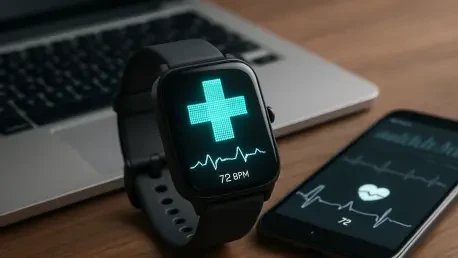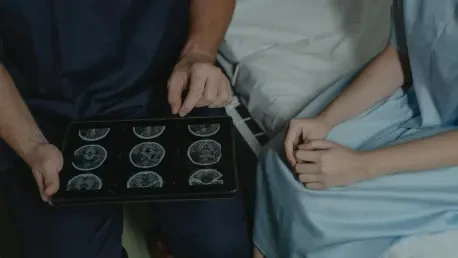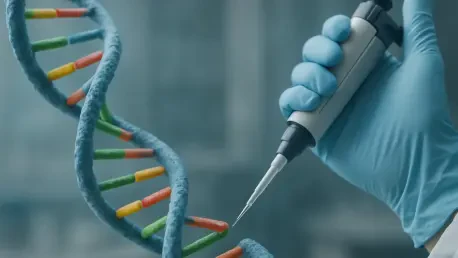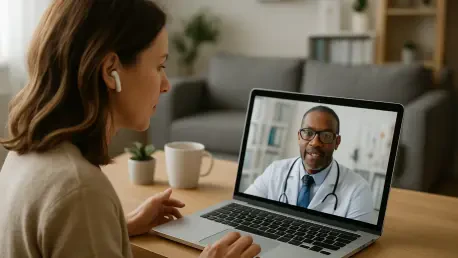

As the world continues on a trajectory toward constant connectivity and enhanced personal health monitoring, wearable system-on-chip (SoC) technologies are emerging as significant forces driving change in multiple facets of our lives. While the notion of these miniature yet potent chips isn't new,

The University of Cincinnati Gardner Neuroscience Institute (UCGNI) has unveiled a significant change in its leadership with the appointment of Dr. Brett Kissela as the new director. This development is more than just a change of guard; it represents a strategic pivot toward advancing neurological

Yusen Logistics, a prominent subsidiary of the NYK Group, is embarking on a formidable expansion within the European market. With the acquisition of Walden Group's healthcare logistics division, a substantial move is underway that is poised to enhance Yusen's capabilities significantly. By

In an era marked by rapid advancements in biotechnology, gene editing emerges as a promising frontier in the treatment of cardiovascular diseases. With the acquisition of Verve Therapeutics by Eli Lilly and Co., the pharmaceutical industry witnesses a strategic shift as major players venture deeper

The recent passing of a new legislative measure, informally dubbed the "One Big Beautiful Bill," represents the most significant shift in Medicaid policy seen in decades. Affecting over 71 million recipients, this bill introduces sweeping changes that are set to redefine eligibility, funding, and

The world of infectious disease research has seen transformative changes, and Derek Cummings is at the forefront of these innovations. As he returns to Johns Hopkins University as the Bloomberg Distinguished Professor of Infectious Disease Dynamics, his imminent contribution promises to reshape the

In recent years, the outpatient healthcare sector has experienced financial success driven primarily by strategic mergers and acquisitions. This evolution has been supported by mounting healthcare spending, which increased by 7.5% in 2023, reaching a staggering $4.9 trillion, a figure that has

The growing trend of medical tourism, particularly for bariatric and weight reduction surgeries, has raised significant concerns regarding its safety and ethical implications. As global obesity rates climb and healthcare systems grapple with capacity constraints, individuals increasingly look

In recent years, healthcare systems have faced significant uncertainty as federal policies undergo substantial changes. This evolving landscape presents considerable challenges for healthcare delivery organizations as they work to sustain operations amidst shifting regulations. These changes mean

In a landscape often marked by heated debates and uncertainties, the healthcare sector has seen a host of significant changes unfold with the enactment of the One Big Beautiful Bill Act. Championed by some and heavily criticized by others, this new legislation presents a contentious shift in the
ITCurated uses cookies to personalize your experience on our website. By continuing to use this site, you agree to our Cookie Policy